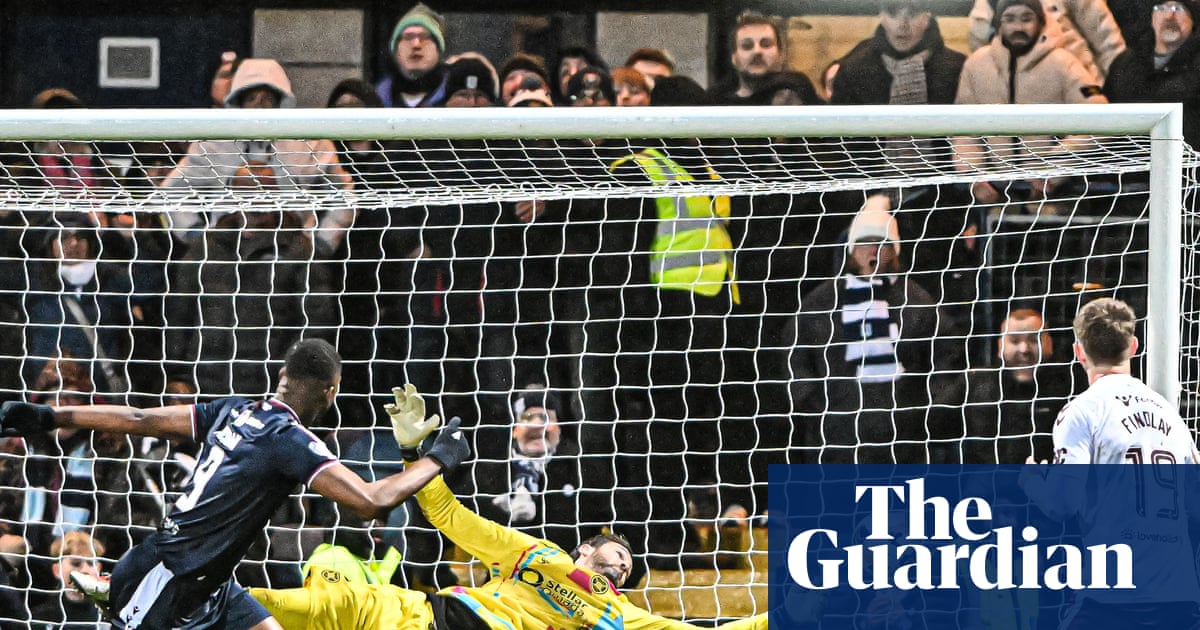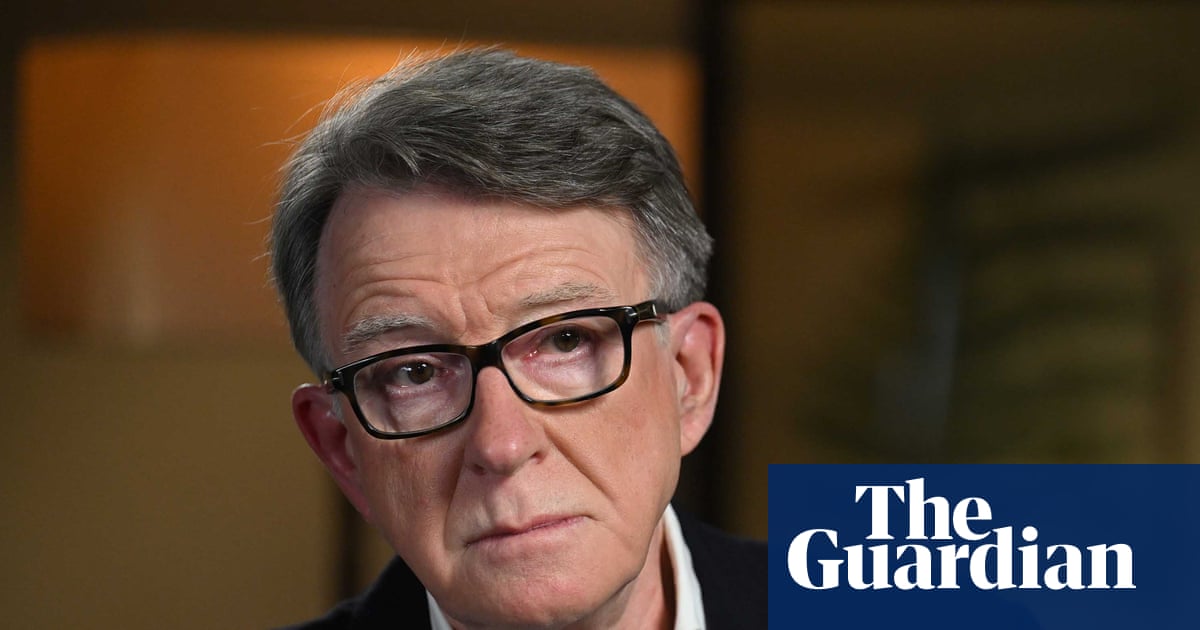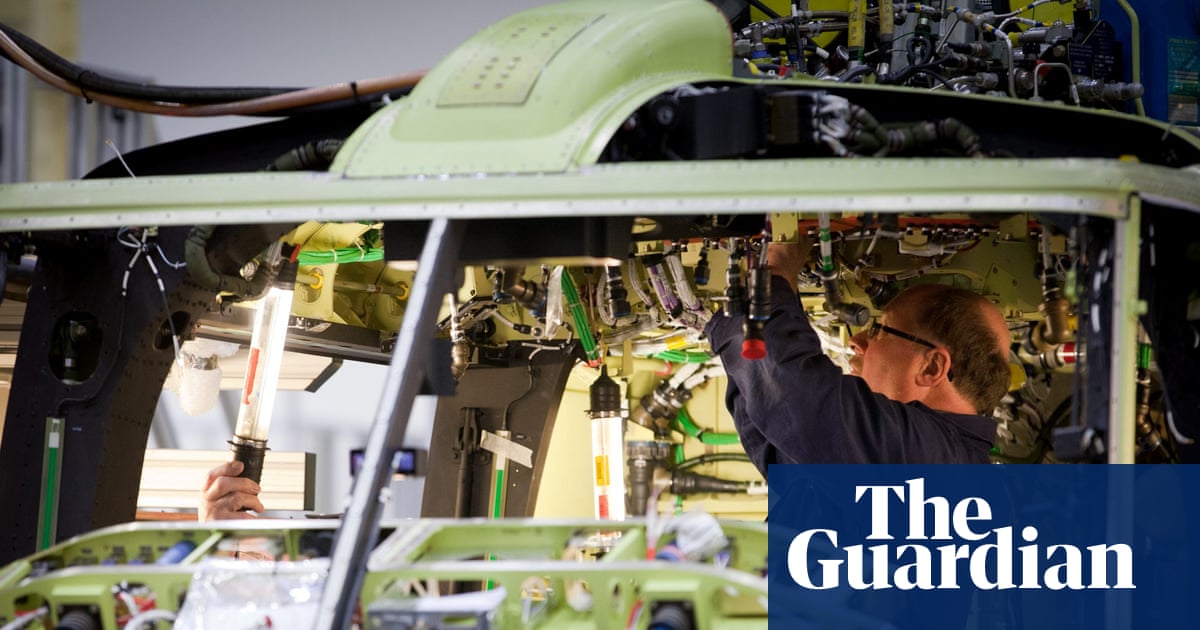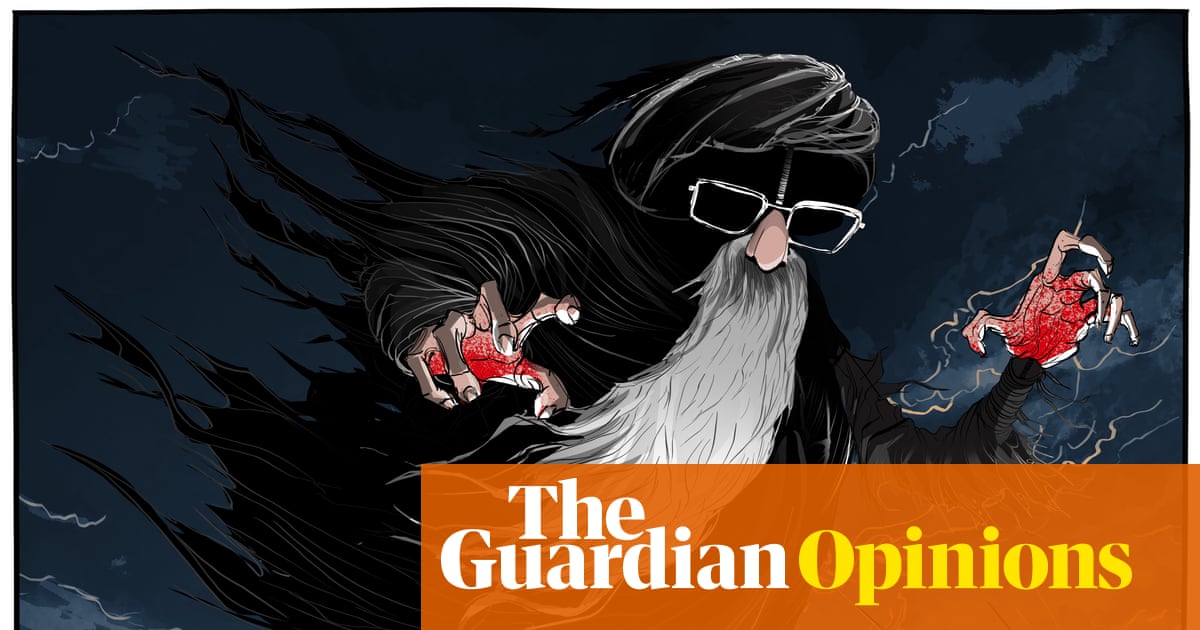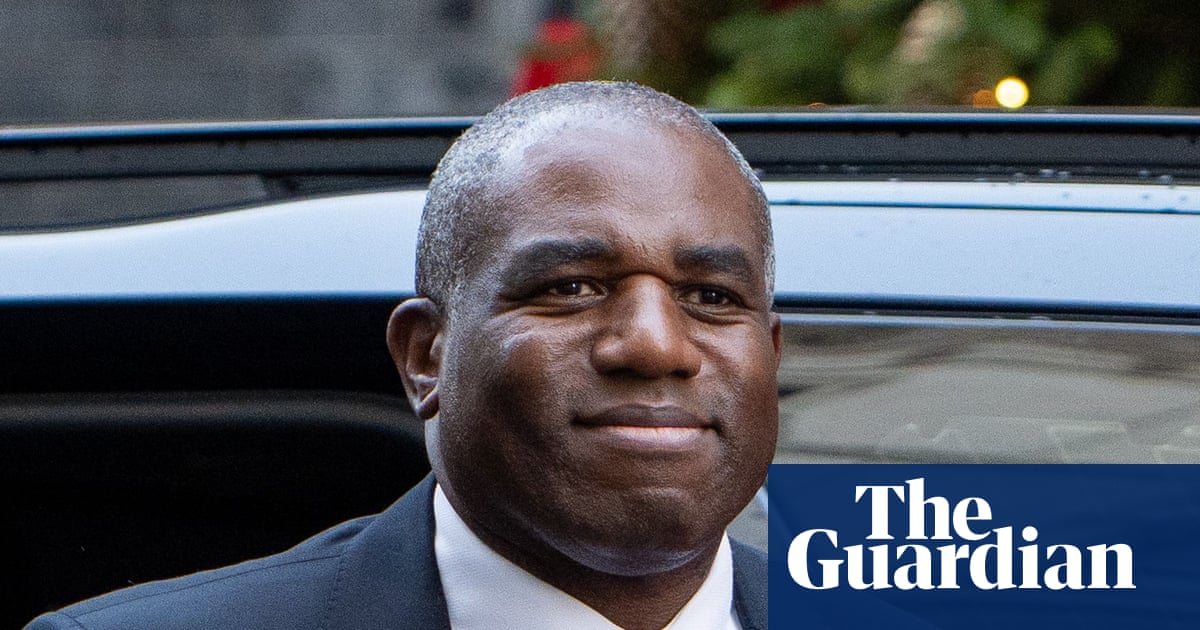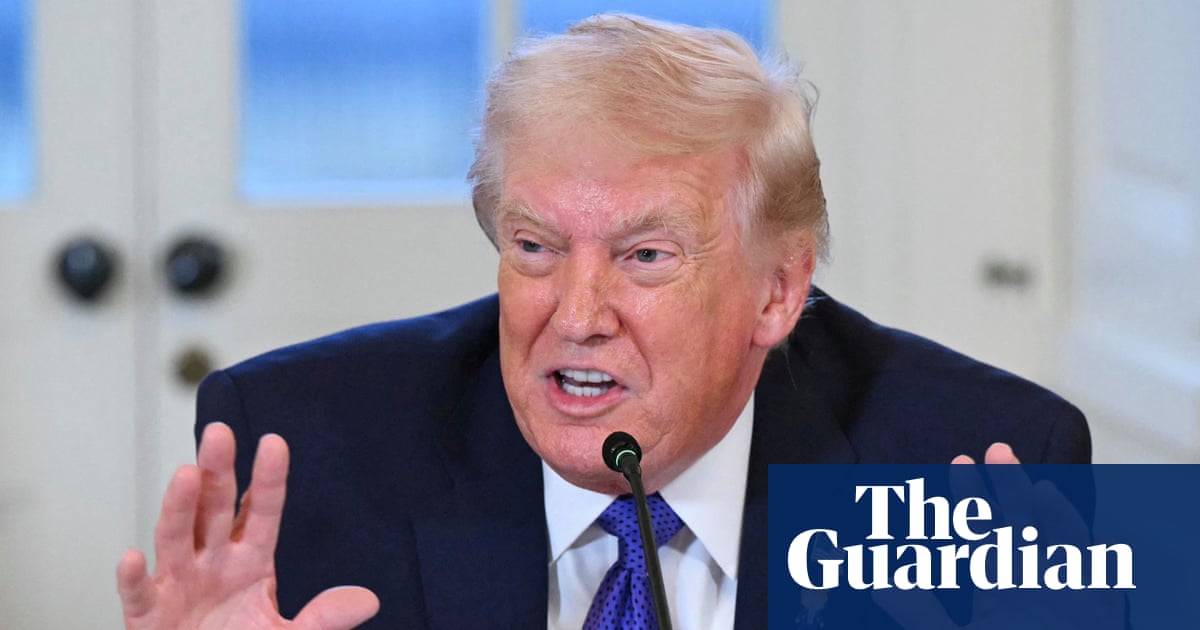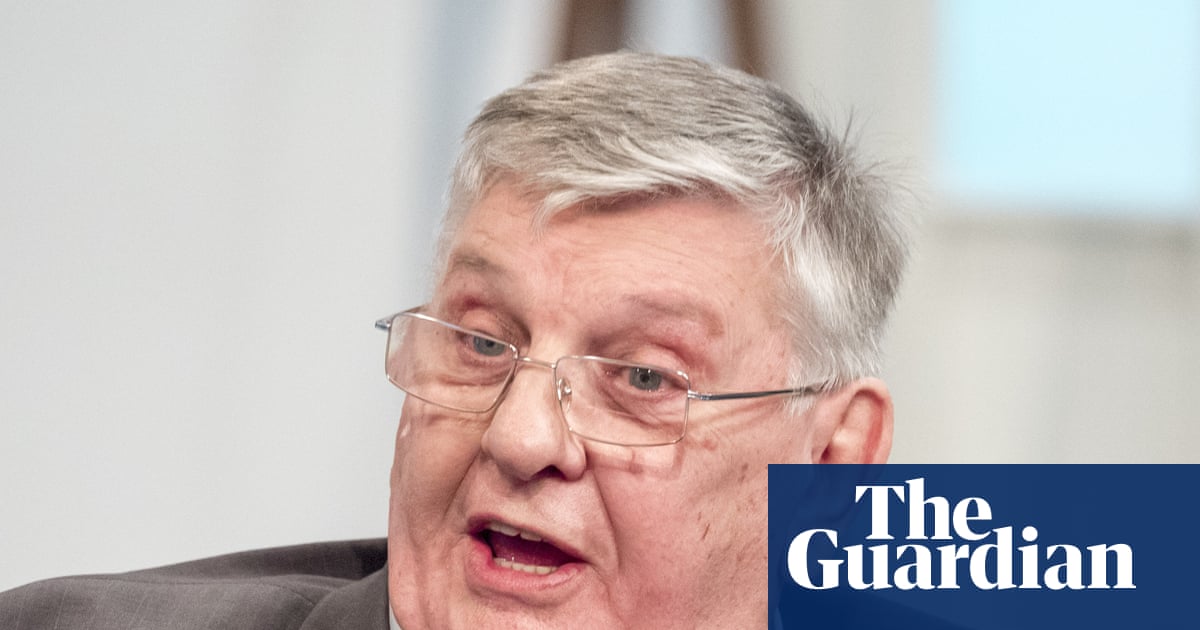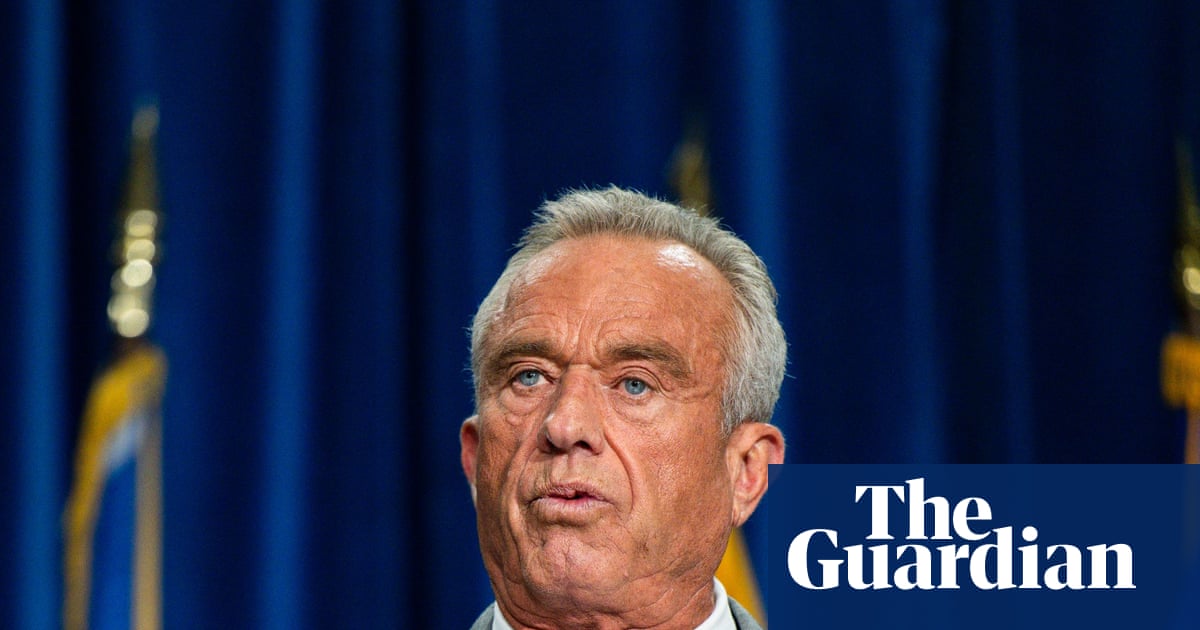Poland’s foreign minister, Radosław Sikorski, has said last week’s Russian drone incursion into Polish airspace was an attempt by the Kremlin to test Nato’s reactions by incremental escalations without prompting a full-scale response.
Sikorski confirmed that while the drones used in the incursion were capable of carrying ammunition, those that reached Poland were not loaded with explosives. “Interestingly, they were all duds, which suggests to me that Russia tried to test us without starting a war,” Sikorski told the Guardian in Kyiv.
He dismissed suggestions that Polish air defences had been unprepared for the incursion, given the fact some of the drones travelled hundreds of miles into Polish territory, and that accounts suggest only three or four out of about 19 were shot down.

“The drones didn’t reach their targets and there was minor damage to property, nobody was hurt. If it happened in Ukraine, by Ukrainian definitions, that would be regarded as a 100% success,” he said.
Nato announced on Friday that it will deploy more jets to the alliance’s eastern flank to protect against future drone attacks. On Saturday, Polish and allied aircraft were again deployed due to a renewed threat of drone strikes in western Ukraine. The airport in the eastern city of Lublin was closed and residents of border areas received SMS alerts to exercise caution. However, there was no reported incursion this time.
Sikorski said the Polish response would have been “much tougher” if last week’s attack had caused injuries or deaths in its territory, but declined to elaborate on how such a response might look in a future hypothetical scenario. “With an aggressor and a liar like Putin, only the toughest counter pressures work,” he said.
Poland’s prime minister, Donald Tusk, last week said the incursion had brought his country closer to military conflict “than at any time since the second world war”. Sikorski rejected the suggestion by Donald Trump that “it could have been a mistake”, saying too many drones were involved. “You can believe that one or two veer off target, but 19 mistakes in one night, over seven hours, sorry, I don’t believe it,” he said.
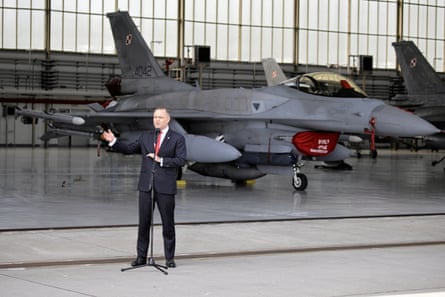
Polish anti-drone teams will receive training from Ukrainian operators to help defend against future attacks, said Sikorski. “The Ukrainians have better equipment for dealing with Russian drones, and they have much deeper and more up-to-date experience of resisting the Russian army,” he said.
“This is something that the public and the governments in the West need urgently to integrate in their thinking … that it is the Ukrainians who will be training us how to stand up to Russia, not the other way around,” he added. Training for Polish teams on Ukrainian anti-drone best practice would take place at a Nato training centre in Poland, a “safer environment” than doing it in Ukraine.
Romania became the latest Nato member state to report a drone incursion into its airspace on Saturday. Its defence ministry said Romanian airspace had been breached by a drone during a Russian attack on infrastructure in Ukraine and that two F-16 fighter jets had been scrambled late on Saturday to monitor the situation.
Sikorski was speaking on the sidelines of an annual conference in Kyiv that gathered the Ukrainian elite and international politicians to discuss prospects for the country after more than three years of full-scale war.
Trump addressed the conference with a short video message, making his oft-repeated claim that the war would not have started if he were president, and claiming that “we’ve made more progress toward peace in the past three months than Joe Biden made in the whole three years”.
Trump’s Ukraine envoy Keith Kellogg was also in Kyiv, and told the conference the US president was was becoming “exasperated” with Putin. But he cautioned European leaders who were frustrated with Trump’s apparent softness on the Russian leader not to push him too hard.
“One thing I would advise anyone who is working with President Trump – do not put him in a position where he thinks he’s being used, that is probably the worst place you can be with him,” said Kellogg.
Sikorski said he hoped Trump would receive the Nobel Peace Prize if he can achieve “a fair peace” in the conflict, which he described as “Ukraine within defensible borders and a Ukraine that is integrating with the West”. When it was suggested that Trump has so far showed not much sign of pressuring Putin to accept such an outcome, he said: “He has his personal style, we respect it, but we will judge it by results”.
At a meeting in Paris earlier this month, 26 countries pledged to contribute to a postwar security mission for Ukraine, some with boots on the ground. Some European countries have floated the idea that Ukraine, while unlikely to be admitted to Nato any time soon, could be given “Article 5-like” guarantees after a future peace settlement, to prevent Russia attacking again.
“Some countries are talking about boots on the ground, we really want it because this is real deterrence which will be needed for Ukraine,” said Ihor Zhovkva, a senior aide to President Zelenskyy.
Poland has said it would not contribute troops to such a mission and Sikorski, speaking to the conference, cautioned against grand rhetoric when it came to future guarantees.
“Security guarantees are meant to deter a potential adversary … So what we are saying is that if there is some kind of peace, the next time Russia tries anything against Ukraine, we might go to war with Russia. Now I find that not very credible. Because if you want to go war with Russia you can do it today and I see no volunteers. And there is nothing more dangerous in international relations than giving a guarantee that is not credible,” he said.

 3 months ago
117
3 months ago
117

